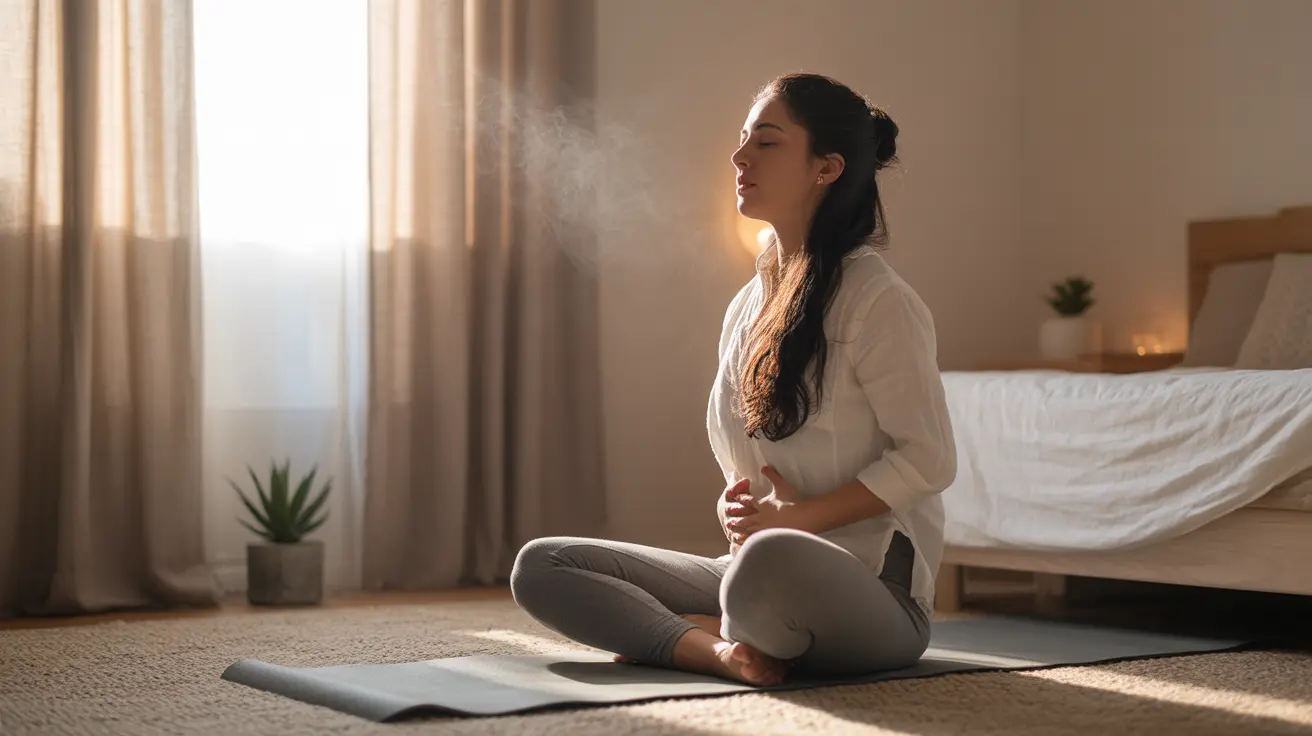Sleep talking, also known as somniloquy, can be a frustrating condition that affects both the speaker and their bed partners. While occasional sleep talking is generally harmless, frequent episodes might disrupt sleep quality and cause embarrassment. Understanding how to stop sleep talking naturally can help you achieve more peaceful nights and better rest.
This comprehensive guide explores evidence-based strategies and lifestyle modifications that can help reduce or eliminate sleep talking episodes, focusing on natural approaches that you can implement at home.
Understanding Sleep Talking and Its Triggers
Sleep talking occurs during various sleep stages and can range from mumbled sounds to clear conversations. While the exact cause isn't always clear, several factors can increase its likelihood:
- Stress and anxiety
- Sleep deprivation
- Irregular sleep schedule
- Certain medications
- Fever or illness
- Sleep disorders
- Alcohol consumption
Stress Management Techniques for Better Sleep
Since stress is a significant trigger for sleep talking, implementing effective stress management strategies is crucial:
Relaxation Practices Before Bed
Incorporate these calming activities into your evening routine:
- Deep breathing exercises
- Progressive muscle relaxation
- Gentle yoga or stretching
- Meditation or mindfulness practice
- Journaling to release daily tensions
Creating an Optimal Sleep Environment
Your sleep environment plays a crucial role in reducing sleep talking episodes. Consider these modifications:
Physical Environment Adjustments
Make these changes to your bedroom setup:
- Maintain a cool temperature (65-68°F)
- Use blackout curtains or eye masks
- Invest in a comfortable mattress and pillows
- Utilize white noise machines if needed
- Keep the room well-ventilated
Lifestyle Changes to Reduce Sleep Talking
Several daily habits can significantly impact your tendency to talk during sleep:
Beneficial Habits to Adopt
Focus on incorporating these positive changes:
- Establish a consistent sleep schedule
- Avoid screens 1-2 hours before bedtime
- Exercise regularly (but not close to bedtime)
- Practice good sleep hygiene
- Maintain a healthy diet
Habits to Avoid
Eliminate or reduce these potential triggers:
- Late-night caffeine consumption
- Alcohol, especially before bed
- Heavy meals close to bedtime
- Intense physical or mental activity near bedtime
- Irregular sleep patterns
When to Seek Professional Help
While most sleep talking is harmless, certain situations warrant medical attention:
- Frequent episodes causing significant distress
- Sleep talking accompanied by violent behaviors
- Sudden onset in adulthood
- Episodes associated with other sleep disorders
- Impact on daily functioning or relationships
Frequently Asked Questions
- What are the most effective natural ways to stop talking in my sleep?
The most effective natural approaches include maintaining a consistent sleep schedule, practicing stress-reduction techniques, creating a peaceful sleep environment, and avoiding triggers like alcohol and late-night eating.
- How does stress contribute to sleep talking and how can I reduce it naturally?
Stress increases brain activity and emotional processing during sleep, potentially triggering sleep talking. Natural stress reduction methods include regular exercise, meditation, deep breathing exercises, and maintaining a regular sleep schedule.
- Can changes in my sleep environment help prevent sleep talking?
Yes, optimizing your sleep environment can significantly reduce sleep talking. Keep your bedroom cool, dark, and quiet, and ensure your mattress and pillows provide proper support for quality sleep.
- What lifestyle habits should I avoid to reduce sleep talking episodes?
Avoid consuming caffeine late in the day, drinking alcohol before bed, eating heavy meals close to bedtime, and engaging in intense physical or mental activities near bedtime.
- When should I see a doctor about frequent or severe sleep talking?
Consult a healthcare provider if sleep talking is frequent and distressing, accompanied by other sleep disorders, begins suddenly in adulthood, or involves violent behaviors during sleep.




